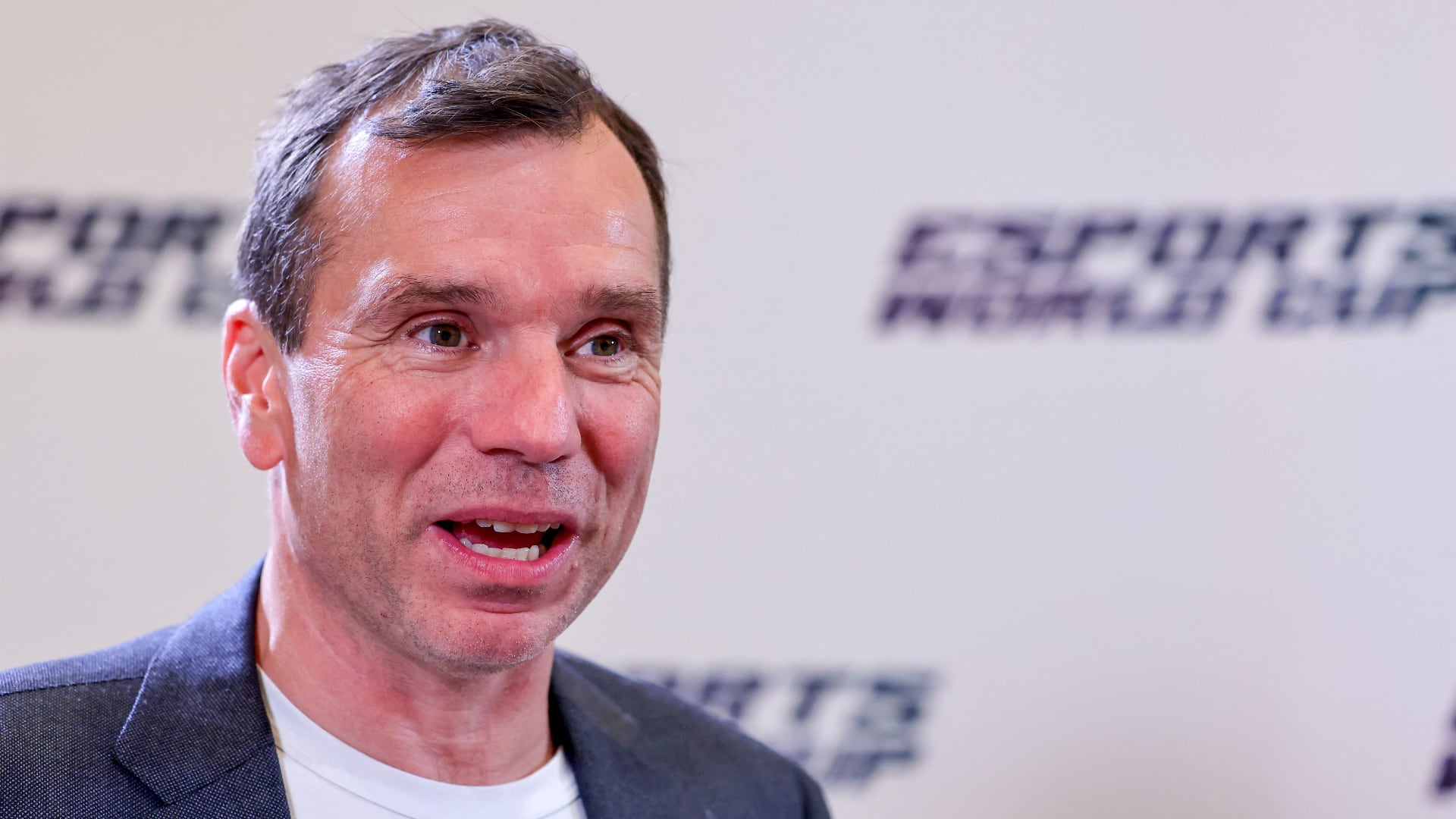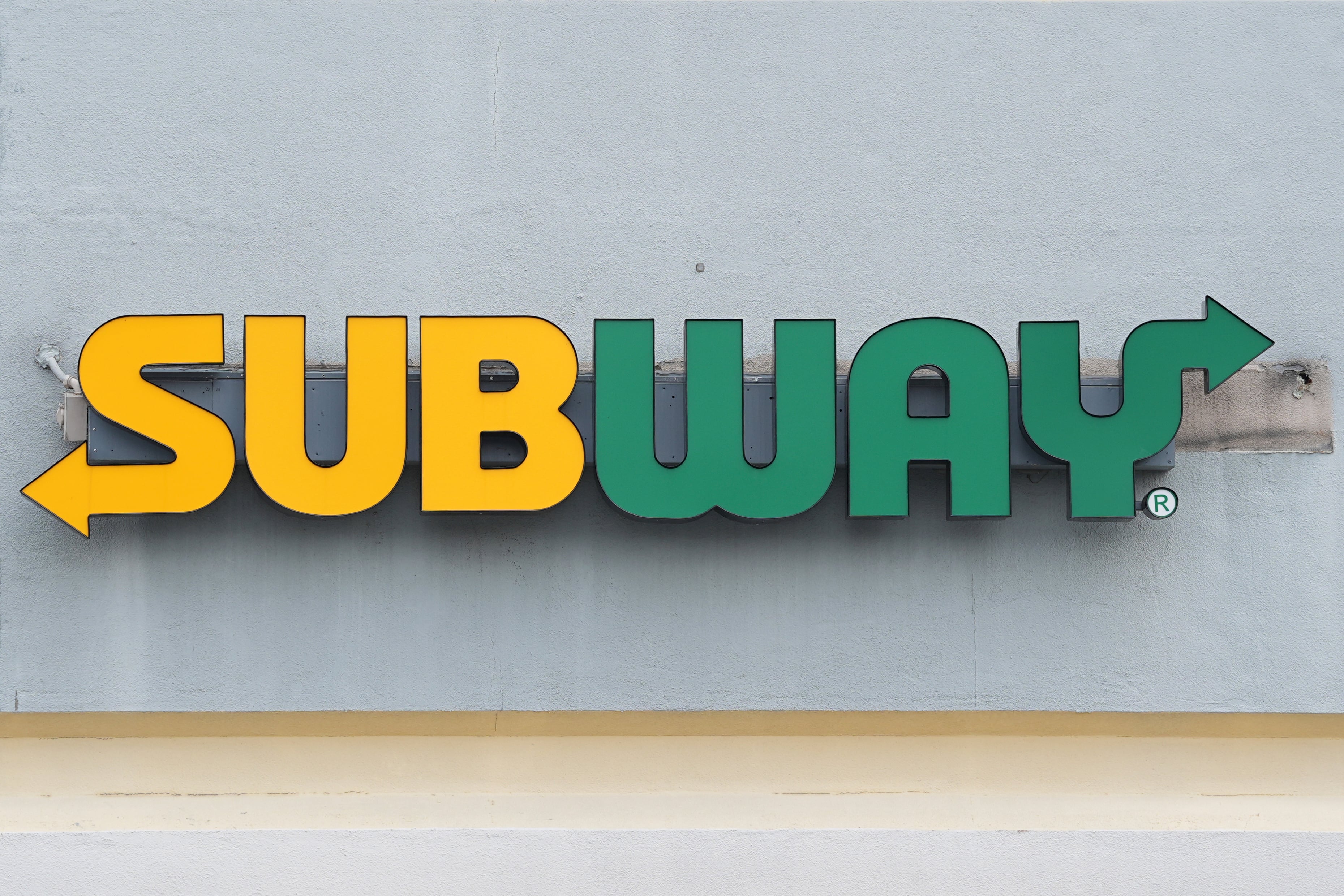*By Carlo Versano* Everywhere you look at the L.A. Auto Show, there are signs of the [changes](https://www.cheddar.com/videos/tesla-innovates-with-navigate-on-autopilot) roiling the automobile industry. Shiny electric concepts, new and bigger SUVs ー and then there's the Mazda booth. The Japanese automaker debuted a strikingly redesigned version of its workhorse compact sedan, the Mazda 3, which it wants customers to think of as an innovative extension of its brand ー even if the innovation is mostly under the hood. Even as other sedan stalwarts like Ford ($F) and GM ($GM) have pulled out of the compact space, Mazda ($MZDAF) is doubling down. "When everybody goes zigging, we go zagging," said Masahiro Moro, president and CEO of Mazda North American Operations. Moro told Cheddar that Mazda sees an iron-clad market for compact sedans, and it is working within that framework to make the 3 the new standard for that market segment ーespecially as those customers have fewer choices with the death of the Ford Fusion, Chevy Impala, and others. Mazda was well-known for pioneering the use of rotary engines, which are small and powerful at the expense of notoriously bad fuel efficiency. But the new 3, which will hit showrooms in the spring with sedan and hatchback variations, will use Mazda's "SKYACTIV" technology to wring more efficiency from its four-liter engine. Mazda recently said it was electrifying portions of the rotary engine and would bring it back as a range extender for a new electric vehicle to debut next year. Drivers will be able to feel the power of the engine while also knowing it's about as fuel-efficient as an internal combustion engine can be, according to Momo. He credits a "human-centric" approach to carmaking that differentiates Mazda from its competitors. "Mazda produces emotion vehicles," Moro said. "We make cars for drivers." For full interview [click here](https://cheddar.com/videos/mazda3-makes-debut-at-l-a-auto-show).












